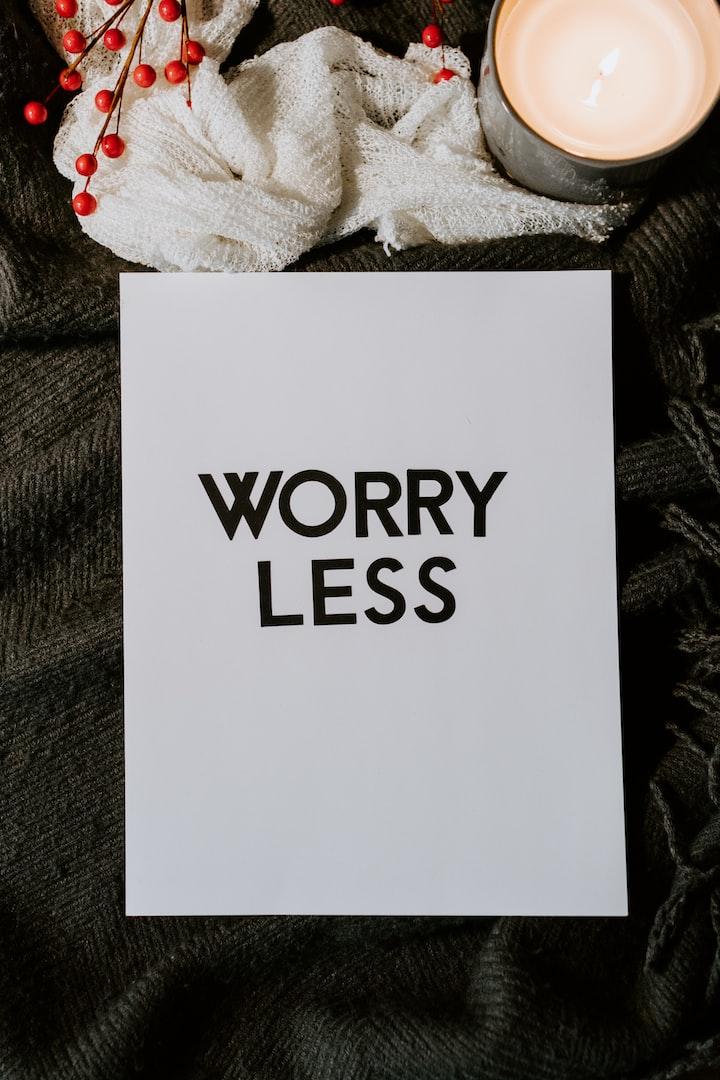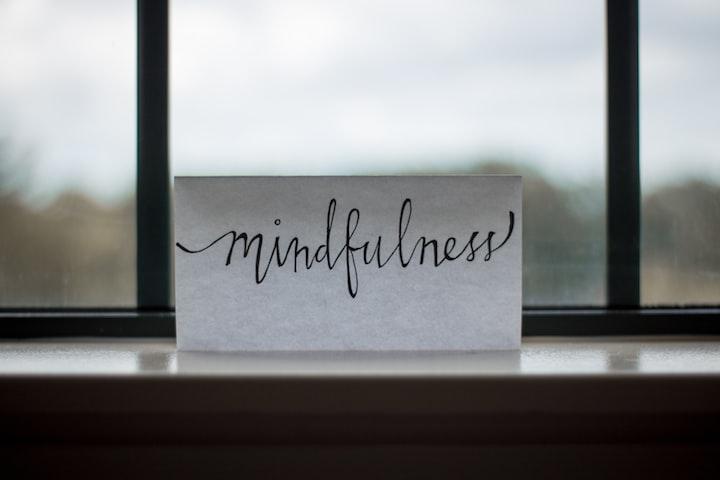What should you not send to a girl? It’s a question with no sole answer, but we’ll try our best to give you some guidance. There are certain things that just shouldn’t be sent to a girl, whether it’s because they’re inappropriate, unnecessary, or just plain old creepy. Let’s take a look at some of the things you should never send to a girl.
First and foremost, don’t ever send unsolicited photos of your genitals to a girl. This is incredibly creepy and will almost certainly ensure that she never speaks to you again. If you want to send her nude photos, make sure she’s explicitly asked for them first – otherwise you’re just being a creep.
Secondly, avoid sending anything that could be remotely construed as threatening or harassing. This includes derogatory comments about her appearance or intelligence, threats of physical violence, and so on. Not only is this completely unacceptable behaviour, but it’s also likely to get you into hot water with the law.
Finally, try not to send anything that’s simply too personal or intimate for someone who isn’t your girlfriend or wife. This includes things like love letters (unless she specifically asks for them), sexually explicit messages or images, and so on. Remember – if.
Read More »What NOT to Send a Girl on the First Date






